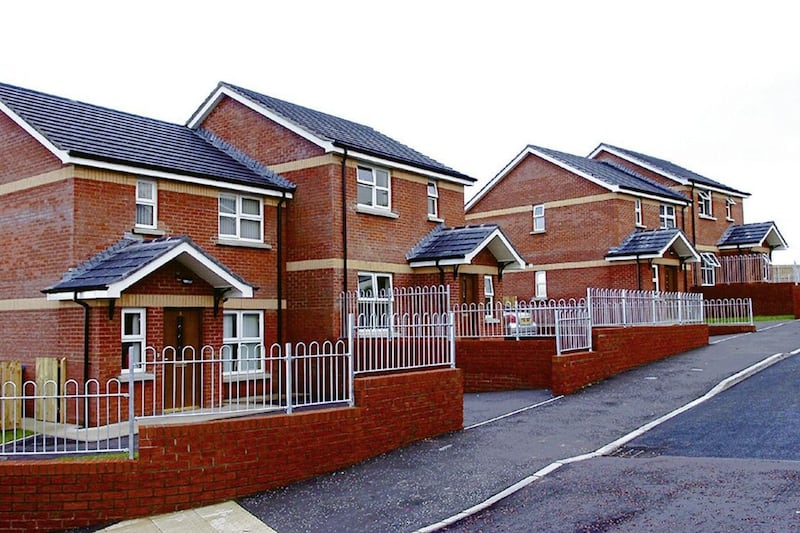UNLESS the next secretary of state or a restored Stormont Executive moves to reverse the reclassification of housing associations in Northern Ireland, thousands of people may lose their homes, a housing expert has claimed.
Ben Collins, chief executive of the Northern Ireland Federation of Housing Associations (NIFHA), says “time is running out” for the government to move on this and the extension of welfare mitigations.
The threat of reclassification – meaning their £1 billion of debt would be scored against the region’s budget – has hung over associations in Northern Ireland since being announced by the Office for National Statistics in 2016.
The Department for Communities has previously warned that reclassification from not-for-profit to public body organisations could result in “a very considerable shortfall in the funding available for a social housing programme”.
The UK Treasury has agreed to delay legislation that would shift the debt of Northern Irish housing associations on to the public balance sheet until March 2020.
And Mr Collins, speaking at the launch of NIFHA’s 2019 sector global accounts, said: “Housing associations here are resilient, but if reclassification is not reversed and welfare mitigations aren’t extended beyond next March, thousands more will struggle to keep a roof over their heads.
“More than 26,000 people already live in unsafe or unsuitable accommodation and more than 12,500 people are officially homeless, so the time to act is now,” he stressed.
Housing associations are not-for-profit organisations that deliver social and affordable housing as well as vital support services.
In Northern Ireland the sector provides 53,000 homes, contributes around £1 billion to the economy each year through construction and related investment, and employs more than 3,200 people.
A new law is required to reverse the ONS decision to reclassify housing associations as public bodies.
Successive secretaries of state for Northern Ireland have committed to passing the necessary legislation, but if it's not done by March, housing associations will no longer be able to match government grants with private funding, significantly cutting the number of social homes that can be built.
Reclassification has already been reversed in the rest of the UK, the legislation has been ready for months, and all political parties agree on the need for this to be done.
Around 7,100 housing association social sector tenants in Northern Ireland are deemed to have a house bigger than required and will have to meet a potential £5.6 million shortfall in rent if mitigations end in March plus a loss of almost £500,000 in benefit cap payments.
Across Northern Ireland, around 34,000 people will be affected by the introduction of the so-called bedroom tax. Overall, there will be a £23 million shortfall in rent and benefit cap payments.
“The reasons why mitigations were introduced in the first place have not gone away,” Mr Collins said.
“If anything, the situation has worsened considerably since 2016.
“Problems related to people not having a secure place to call home put pressure on other services that are already stretched, such as healthcare, education, and policing.
“Reversing reclassification and extending welfare reform mitigations would help protect tens of thousands of people who are finding it more and more difficult to keep a roof over their heads,” he added.








